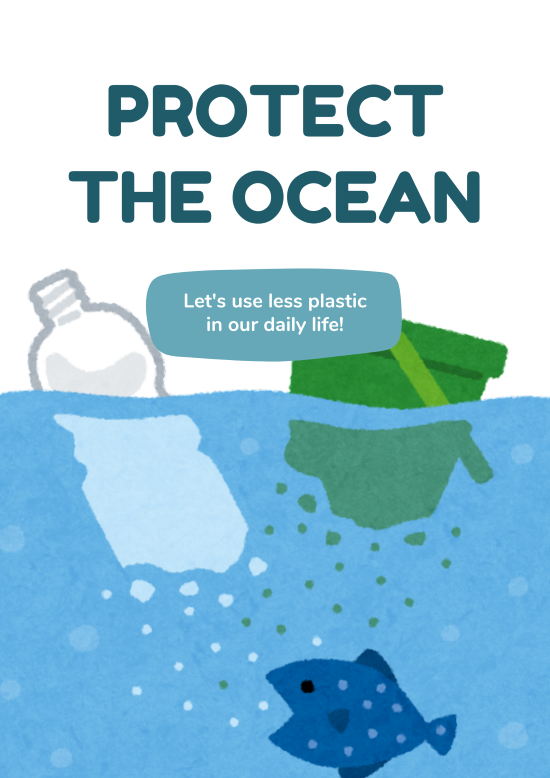
Turning the Tide: What the 2025 UN Ocean Conference Taught Us About Eco-Conscious Living
Share
As the 2025 United Nations Ocean Conference wraps up in Nice, France, one thing is crystal clear: we are at a tipping point. Our oceans, covering over 70% of the Earth’s surface, are in crisis—from plastic pollution to overfishing and rising sea temperatures. But this week’s global gathering wasn’t just about doom and gloom. It offered hope, innovation, and a rallying cry for both governments and individuals to act.
So, what does a high-level ocean conference have to do with your shopping habits?
A lot.
What the Conference Highlighted
1. The Urgency to Cut Plastic Pollution
Plastic is choking marine life and creating dead zones in our oceans. The conference reinforced the need for international action, but also emphasized individual responsibility in reducing plastic dependency.
2. Marine-Friendly Policies Need Public Pressure
From the expansion of Marine Protected Areas (like the massive one announced by French Polynesia) to advancing the High Seas Treaty, policy momentum grows stronger when consumers demand change.
3. Business Has a Role – And So Do You
Sustainable ocean economies were a key topic, highlighting how business models are shifting. Companies that prioritize marine-safe packaging, low-emission supply chains, and ethical sourcing are leading the way — and they need support from conscious consumers.
How to Shop Smarter for Our Oceans
If you're wondering how to tie this into your everyday life, here are 5 actionable, ocean-positive changes you can make as a consumer:
1. Say No to Plastic, Especially Single-Use
Buy: Refillable containers, solid shampoo bars, bamboo toothbrushes, reusable grocery and produce bags.
Why: Every piece of plastic you refuse to buy or reuse reduces the chance it will end up in the ocean. Single-use plastics are among the top ocean pollutants globally.
2. Choose Certified Sustainable Seafood
Buy: Seafood with certifications like MSC (Marine Stewardship Council) or ASC (Aquaculture Stewardship Council).
Why: These labels ensure fish are caught or farmed in ways that don't deplete marine populations or damage ecosystems.
3. Use Ocean-Safe Cleaning and Beauty Products
Buy: Biodegradable detergents, reef-safe sunscreens, natural body products without microbeads or synthetic fragrances.
Why: Many conventional products contain ingredients that wash down drains and harm coral reefs and marine organisms.
4. Support Slow Fashion and Ocean-Positive Brands
Buy: Clothes made from organic cotton, hemp, or recycled ocean plastics.
Why: Fast fashion is a major polluter. Synthetic fibers like polyester release microplastics with every wash, eventually reaching the oceans.
5. Support Businesses That Protect the Ocean
Buy from: Companies that are transparent about their environmental practices, minimize plastic packaging, offset their carbon emissions, or donate a portion of their profits to marine conservation.
Why: Every dollar you spend supports a system. Choosing businesses that actively work to protect the ocean helps build an economy that values sustainability and environmental responsibility.
Final Thought: Your Choices Matter
The 2025 UN Ocean Conference reminded the world that big change starts with bold decisions — and that includes how we buy, consume, and live. Every eco-conscious product you choose sends a ripple effect through the economy, influencing industries and governments alike.
Protecting our oceans isn’t just about policies and treaties — it’s about what we put in our carts, our homes, and our bodies.
So, the next time you make a purchase, ask yourself:
"Is this ocean-friendly?"
Because the ocean sustains us. Now it’s our turn to return the favor.
